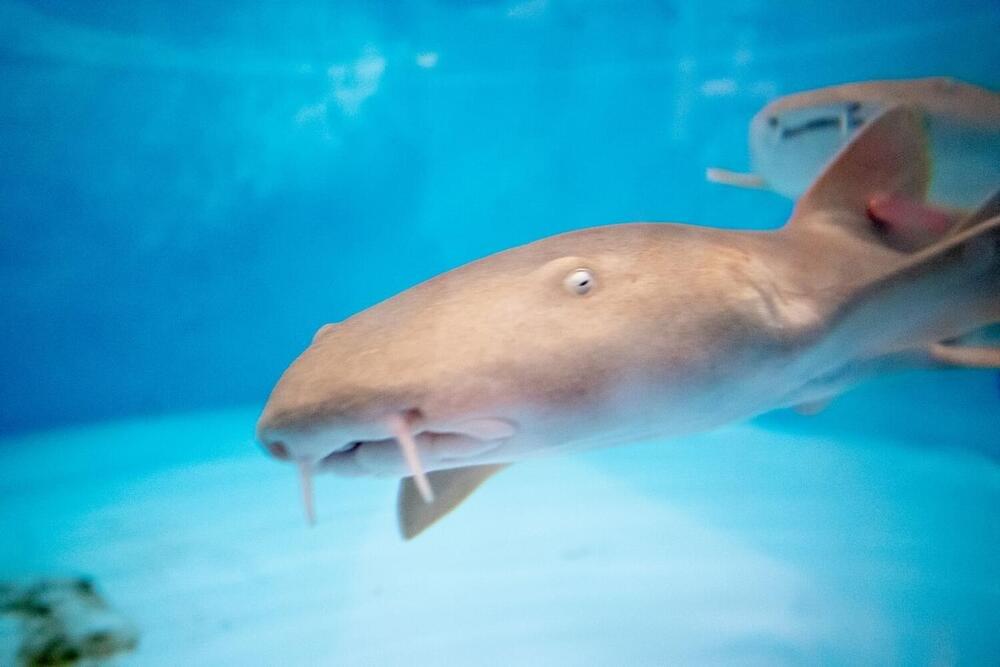We’re launching a classifier trained to distinguish between AI-written and human-written text.
We’ve trained a classifier to distinguish between text written by a human and text written by AIs from a variety of providers. While it is impossible to reliably detect all AI-written text, we believe good classifiers can inform mitigations for false claims that AI-generated text was written by a human: for example, running automated misinformation campaigns, using AI tools for academic dishonesty, and positioning an AI chatbot as a human.
Our classifier is not fully reliable. In our evaluations on a “challenge set” of English texts, our classifier correctly identifies 26% of AI-written text (true positives) as “likely AI-written,” while incorrectly labeling human-written text as AI-written 9% of the time (false positives). Our classifier’s reliability typically improves as the length of the input text increases. Compared to our previously released classifier, this new classifier is significantly more reliable on text from more recent AI systems.






